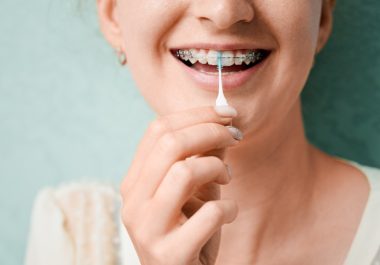Making High-Quality Dental Care More Accessible
At Smiles 4 Keeps, we believe that going to the dentist does not have to be a chore. In fact, we aim to make it a fun and accessible experience for everyone in our community! Our patient-first approach means that we always put your needs first, and we go above and beyond to make sure that you are comfortable and relaxed during your visit with us.
Making High-Quality Dental Care More Accessible For All
At Smiles 4 Keeps, we believe that going to the dentist doesn’t have to be a chore. In fact, we aim to make it a fun and accessible experience for everyone in our community! Our patient-first approach means that we always put your needs first, and we go above and beyond to make sure that you are comfortable and relaxed during your visit.
Delivering Smiles Worth Showing Off
We offer a wide range of dental and orthodontic services for adults and children of all ages, making us your one-stop shop for all your oral health needs. From routine cleanings and exams to more complex procedures, our experienced team is equipped to handle it all.

Very good with my nervous kiddo. Doctor takes his time and goes over whats going on with their teeth.
Robin, Wilkes-Barre PA

- Aetna PPO
- Aetna Better Health Chip plans
- Anthem BC
- Amerihealth Caritas Pennsylvania
- Geisinger Health Plan Family and Chip plans
- Ameritas
- Blue Cross/Blue Shield Grid + Network
- Blue Dental, Dental Blue
- Cigna PPO
- Humana
- Independence Blue Shield
- Medical Assistance
- Met Life
- Principle
- Sun Life/Assurant
- United Concordia-PPO, DOD, Chip plans
- United Healthcare-Community, Chip, and commercial plans
- UPMC 4 Kids (Chip) and UPMC For You
- Delta Dental PPO and Premier
- Dente Max
- Excellus Blue Shield
- Fidelio
- GEHA/Connection Dental
- Guardian-Dental Guard and Alliance plans
- Highmark Blue Shield
- Horizon NJ




